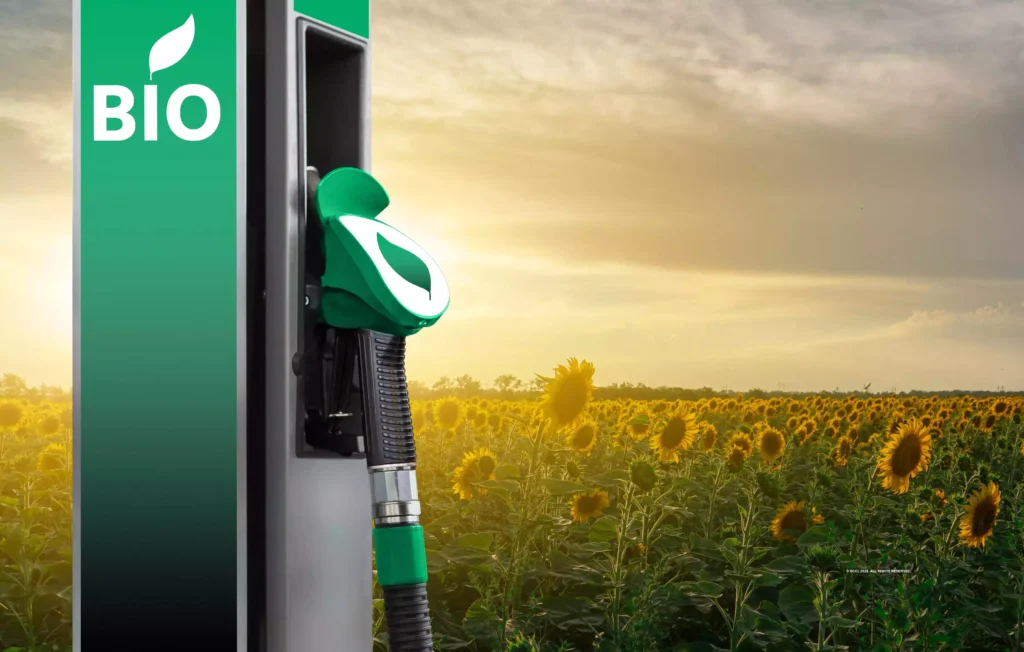The Threat of Climate Change
Sitting on a Monday afternoon in Kanpur, a bustling industrial town located in North India, one cannot help but appreciate the impact climate change has had on all of our lives. This is the hottest summer of our lifetimes and here’s the kicker, it is the hottest summer, YET! It is only getting worse.
Burning of fossil fuels in industrial activity is the largest contributor to climate change as per the subject matter experts. The Government of India thus far has launched a number of initiatives trying to somewhat rein in the consequences of this threat.
Push for EVs , incentivising BioFuels production, encouraging self power generating factories etc.
BioDiesel – A fuel for the future
BioDiesel is an innovation that is not new, it was invented in 1984 by a chemical engineer as a replacement to conventional diesel. However due to a highly irregular supply chain for raw materials, it never really gained much traction until recently when it suddenly became the only way to control India’s fossil fuel based diesel consumption.
BioDiesel is made from used edible oils, animal fats and other waste materials containing fatty acids which can be derived to make BioDiesel. BioDiesel is ideal because it can be created from otherwise non recyclable waste and leads to far lesser carbon emissions than conventional fuels.
Need to Organise the Used Cooking Oil Collection Chain in India
The main feedstock for BioDiesel production is Used Cooking Oil (UCO). All kinds of edible oil is consumed by FBOs, Institutions, Households etc. This used Oil is then either reused in cooking or improperly disposed of into the drains. Another prevalent practice is to illegally sell this UCO to brokers who then resell it to smaller food establishments, roadside vendors for reuse. There are multiple problems with this :
1. Reusing cooking oil is a serious health hazard and is linked to serious ailments like Diabetes, Cancer etc.
2. Improperly draining it is an environmental hazard and can lead to clogged drains and fire safety hazards.
This used cooking oil can be collected and used for the production of BioDiesel. It kills two birds with one stone, you move towards cleaner fuel solutions and help manage Used cooking oil waste effectively.
GOI Initiatives
Many initiatives to promote Biofuels have been undertaken by the government along with the Food Safety and Security Association of India (FSSAI) like :
1. RUCO (Repurposed used cooking oil)
Food Business Operators consuming more than 50 Litres Cooking Oil per day are required to dispose of their UCO with a FSSAI Registered Aggregator to be diverted to the BioFuels chain away from the food chain.
2. National Policy on Biofuels.
GOI has announced a blending target of 7%, as in it aims to blend 7% BioDiesel in conventional diesel hoping it would reduce fossil fuel consumption by the same 7%.
However it has been proven to not be the case as only about .8% is currently being blended.
51 BioDiesel plants have already come up in India hoping to supply BioDiesel to OMCs but due to irregular and unorganised raw material supply chain, manufacturers are finding it difficult to arrange waste raw materials at reasonable prices regularly leading to supply issues.
We at Sagar Bio Refineries believe that instead of ramping up capacities for BioDiesel production, focus should first be on organising the UCO supply chain in India. Right now, bulk of the feedstock being used in the production of BioDiesel is imported from countries like Malaysia and Thailand where UCO procurement chains are already set up by waste management companies.
We have been in the supply chain and chemicals manufacturing realm for the past two decades and have closely monitored the evolving regulatory landscape. We believe that it is time to work towards a greener future and ensure a cleaner environment for the generations to come.

